How Long Do Betta Fish Live?

Have you ever seen a betta fish, darting around in its vibrant colors, and wondered how it lives?
It's a common myth that they come from tiny mud puddles, but did you know that their wild ancestors actually hailed from the expansive rice paddies of Southeast Asia? And not just any paddies—these were vast, stretching across acres!
So why do people think bettas live in puddles? Well, during the dry season, those large paddies can dry up, leaving bettas in much smaller spaces that can get pretty crowded.
Imagine being a betta then—suddenly, your acres world turns into a cramped, crowded space. Not the best scenario, right? It can lead to stress and disease, and yes, sadly, it can cut their lives short.
So, when we're talking about a betta fish's lifespan, space and care aren't just nice-to-haves; they're must-haves! Without them, their vibrant life could, quite literally, evaporate.
Now, what exactly does it take for these aquatic beauties to live out their full potential in your home aquarium? Stick around as we unravel the secrets to a long, joyous life for our finned friends.

Average Betta Fish Lifespan
On average, betta fish, also known as Siamese fighting fish, live for a good 3 to 5 years. Pretty good, right?
But get this—there are legends of betta fish out there living beyond the 5-year mark, especially with exceptional care and pristine living conditions.
It all boils down to the environment, really. From the water they swim into to the space they have to explore, be it in the wild or captivity, all of these factors profoundly influence their lifespan.
In the Wild
In the vast waterways of Southeast Asia, betta fish's life unfolds in a way that's quite different from the aquarium life.
They are native to the shallow freshwater canals, ponds, and rice fields that lace through countries like Thailand, Malaysia, Vietnam, Cambodia, and even parts of Brazil and Singapore. But as we've noted, bettas can also be found in drains and puddles when their preferred areas dry up.
Now, while their natural habitat offers a grand, natural stage for these ornamental fish, it also poses a host of challenges that a pet betta fish rarely encounters.
Predators, competition (particularly with male betta fish), and environmental changes impact the betta fish's life, often shortening their lifespan compared to those in captivity.
All things considered, betta fish manage to pull through for about 2 to 3 years on average.
In Captivity
Did you know that the journey of the betta fish as a pet started over 1,000 years ago? Indeed, they were among the first fish to be domesticated.
As time flowed on, the 19th century saw these ornamental beauties make their way into Western homes, where they quickly became a popular staple in home aquariums.
Fast forward to today, and the question of how long betta fish live is a testament to the evolution of their care. In the serene environment of our home aquariums, these pet fish often enjoy a life span that stretches from 3 to 5 years. With exceptional care, some may even reach the ripe old age of 7 years.
Note: Those small cups bettas are sold in? Not great! They need more space with clean water and good food if you want that 7 years.
Factors That Impact a Betta's Lifespan

When we talk about lifespan, several factors play huge roles in making or breaking it, and some aspects are beyond your control.
Oftentimes, the genetics that betta fish inherit, especially if they've been selectively bred, and their initial splash into their home aquarium set the stage for their future.
From the moment they're born, betta fish are on a journey shaped by both nature and nurture. You might not be able to change their genetics, but knowing their background can guide you in meeting their needs.
And as they transition to life under your care, the way you introduce these tropical fish to their new environment—warmly and with patience—can make all the difference.
Note: Keep in mind that the first few days are critical. Always take it slow, and give them time to adjust to their new home!
It’s the blend of these elements, some controllable and some not, that dictates how well and how long your betta fish will live with you.
Age At Purchase
Bettas are known for their vivid colors and their flamboyant fins. However, they aren't born with these physical traits. These develop and become prominent as they age and their coloration also becomes deeper with time.
What this means is that oftentimes, the most colorful Bettas in pet stores are the oldest as well. Some Bettas can even be 18 months old and even with the best care, can die in a little under a year due to natural causes.
Your best bet is to choose a trustworthy breeder/local pet store to ensure that the Betta isn't too old.
Genetics
Most people who have never seen a wild Betta would be shocked to know that they aren't as colorful as Bettas sold in the aquarium trade.
This is because specimens found in the hobby are the result of decades of selective breeding. While this is great when it comes to the visual side of things, it makes them genetically weaker. This is particularly true for the fancier Betta varieties with unique fin shapes and patterns.
Then, there are those Bettas that were not bred properly. Too much inbreeding and poor genetics can all contribute to a much shorter lifespan.
This is why it is very important to get your Bettas from a good source.
Breeding Conditions for Bettas
Now, even if the Betta you get has been bred from parents with good genes, it isn't always a guarantee that a fish will live out its full potential lifespan. The care and upkeep the Betta receives during its first few weeks of life plays a huge role in how healthy it will be.
Excellent tank conditions and good nutrition are key to ensuring that Betta fry develop properly. This will also make sure that the fish have a strong immune system.
Poorly raised baby fish that manage to survive into adulthood will always be prone to infections and disease; it may just even be a matter of time before they succumb to something minor.

Betta Acclimatization
The factors described so far are not completely in your control. All you can do is choose a good fish store or breeder and hope for the best.
Among the factors in your control is the acclimatization process. Getting a new fish is an exciting experience and the temptation to add it directly to your tank can be irresistible, but nonetheless should be avoided.
Proper acclimatization procedures should be followed.
- Float the bag containing the fish in the aquarium for at least 45 minutes to equalize the temperature between the bag and the tank.
- Gradually remove small amounts of water from the bag and replace it with the same amount of water from the tank. Repeat this step several times to adjust the fish to the tank water conditions.
- Use a net to gently transfer the fish from the bag to the aquarium, ensuring minimal stress for your new pet.
Skipping this important step can result in a shock to your Betta which it may never recover from and in turn, reduce its lifespan.
Betta Fish Care
This is probably the most obvious factor. Even a fish with poor genetics can live for a reasonably long time by giving it proper and adequate care.
This involves regular monitoring of the various water parameters and taking preventive action if something is amiss. Make sure that your Betta is getting a proper and balanced diet. The aquarium should be large enough and maintained well. Regularly check on your Betta to make sure that everything is fine. Seek professional help whenever a problem persists.
Tank Setup for Proper Care of Betta Fish

If you want to see your betta fish happy and healthy, start with the right tank setup. A tank is more than just a container of water—it's their home sweet home.
Betta fish are labyrinth fish, meaning they can breathe air from the surface, so they'll need a place that’s just right for their special breathing.
A well-thought-out habitat will include safe decorations like silk or plastic plants, which provide not only aesthetic pleasure but also essential hiding spots for your betta to rest and feel secure.
Now, let's delve into how to craft the perfect environment that caters to the needs of your betta, ensuring they have everything to be with you for a long time!
What Tank Size Do Betta Fish Need?
So, you might have heard that these fish can survive in small bowls or those plastic cups that hold too little water, but if we are talking lifespan, then you definitely should aim for a tank of at least 5 gallons for a single betta to thrive.
Besides, a tiny tank is almost too difficult to maintain with stable water parameters and chemistry, which are crucial for your betta fish's health.
A bigger tank gives your betta plenty of room to swim and explore. And remember to put a lid on it! While they are not your most active fish in the aquarium trade, they sure do love to jump!
Now, remember bettas breathe air from the surface? You do not want to get a deep tank because then your fish will struggle to reach the waterline. Shallow and wide, that's your key. This way, your betta can reach the top easily to breathe.
So, a 5-gallon, wide, and shallow tank is best for your betta. But hey, no big tank is too big for your betta. Go for a larger tank if you have the means!
Ensure Optimal Water Conditions
So now that you have the right tank, remember your fish isn't going to thrive unless your water is clean. Keeping the tank clean and ensuring water quality are key to a long-lived betta fish.
Betta fish thrive in clean water, much like the warm, slightly acidic conditions they're used to in nature. To keep your betta healthy, you'll need to watch out for harmful chemicals that can sneak into their tank.
Tap water might contain chlorine and heavy metals, while uneaten food and fish waste can also degrade water quality. Here’s what you need to focus on:
- Ammonia and Nitrite: Keep at 0 ppm
- Nitrate: Maintain levels below 20 ppm to avoid health issues.
- Temperature: Betta fish require a stable temperature between 76-80°F, imitating their warm, acidic natural habitat.
- pH: Between 6.5 and 7.5.
- Hardness: Soft to moderately hard water, around 5-20 dGH, is best for bettas.
An aquarium water test kit is crucial to monitor these parameters. If levels are off, perform partial water changes. This routine not only maintains the nitrogen cycle but also keeps the nitrate concentrations in check.
HEADS UP: If you start with tap water, it can contain harmful substances like chlorine and chloramine. So, it's wise to pick up a bottle of water conditioner to neutralize these. And while distilled water might seem like a clean option, it lacks the minerals that bettas need to stay healthy.
Betta Fish Tankmates

The Betta is a very particular freshwater fish when it comes to temperament and behavior. They are generally docile and timid.
However, they aren't known as the Siamese Fighting Fish for nothing. Two males in the same tank will fight each other to the death. As such, male Bettas should never be mixed.
As far as other fish are concerned, Bettas should only be kept with small and docile fish. Fin-nippers should be avoided at all costs. Large fish should also be avoided as they can bring about an abrupt end to the Betta's life with a single gulp.
Here is a list of tank mates for betta fish:
- Peaceful Tetras
- Rasbora
- Plecos
- Albino Cory
- Neon tetra
- Cherry Barbs
- Cory Catfish
- Other invertebrates like the African Dwaf Frogs and Cherry Shrimp
Balanced Diet for Proper Care of Betta Fish

Bettas are carnivores, so a high-protein diet is crucial. Specialized betta pellets serve as a complete betta fish food, packed with the nutrients needed for their health, color, and immune system.
But hey, they can get bored, too! Complement their diet with live treats like brine shrimp and tubifex worms. If live food isn't available, frozen varieties are a good alternative, still offering the benefits without the hassle. This mix of staple pellets and occasional treats will keep your betta vibrant and thriving.
It's best to feed your betta two to three times a day. Just be sure to offer only as much food as they can consume in one to two minutes to prevent overfeeding and maintain a clean tank environment.
Prevention And Treatment Of Infections
The biggest reason why many Bettas don't live for as long as they should is because of diseases and infections. As is the case for humans, prevention is always better than cure for Bettas as well.
Getting the Betta from a good source will ensure that it is disease-free to begin with. Now, before introducing your betta to its new home, ensure your tank is free of disease.
Or, if you plan to add new tankmates, a proper quarantine period for the newcomers is essential to keep your aquatic habitat safe and serene.
Note: Even with all these measures in place, a Betta can still catch an infection and fall sick. Properly treating any such ailments is highly important. Start by looking at the symptoms and try to do some basic diagnosis and treatment by yourself. If it doesn't help, then seek professional help.

Velvet
If your betta fish starts looking like it's sprinkled with gold or rust, it might have Velvet, a parasitic infection. Catching this early and treating it with aquarium salt and warmer water can make a big difference. This treatment helps your betta fight off the infection and get back to living a healthy life.
Mycobacterium Infection
Ever heard of fish TB? Yeah, it hits bettas hard, and the kicker is, there's no cure for it. The best thing you can do is keep their tank spotless. A clean home means a happy and healthy betta with more good days ahead.
And if things look dicey? Time to call in the fish doc—a vet can really help your little swimmer pull through.
Fin rot
Fin rot is like a bad case of split ends for bettas but way worse. If your betta's fins look torn or frayed, it's time to check the water quality because dirty water is usually the culprit. Keep the tank clean, and your betta's fins should stay sleek and whole. If the rot's set in, though, some clean water and maybe a little medicine can get those fins back to their flashy self.
Buoyancy Infection
When your betta is bobbing up and down or can't seem to stay put in the water, it might be a buoyancy issue. It's like when we get a bit bloated and uncomfortable. For bettas, it can be from overeating or not the right kind of food. Giving them a little fast, or changing up their diet, along with some clean water, often sets them right. If you see your betta struggling to swim or keep upright, it's time for some TLC to help them balance out.
Conclusion
Having a Betta in your home can be incredibly relaxing and fulfilling. However, losing one too soon can be heart-breaking. Hopefully, now you know how to make sure your Betta will live to a ripe old age and then some!
Keeping your betta fish healthy comes down to a mix of good care, a balanced diet, and a keen eye for any health issues.
Remember, a clean tank, quality food, and the right companions can make all the difference in your betta's well-being. Treat them right, and you'll have a vibrant, healthy fish brightening up your life.
Have more questions?
If you're navigating the waters of Betta Care and still have questions, our community is here to help!
Just click the link below to become a part of our community and feel free to ask any questions you have about your betta. Whether it's about setting up their tank, understanding their behavior, or keeping them healthy, we've got a group of betta lovers ready to share their tips and experiences. Let's learn together and make caring for your betta fish simpler and more fun. Your questions are always welcome here!
>> Join our Facebook Group Here <<

If you found this article helpful and interesting, we've got plenty more where that came from! Check out our range of fish care guides, plant care tips, and equipment advice. It's perfect for anyone interested in aquariums, whether you're just starting out or already an expert. Dive in and keep learning with us!
No comments



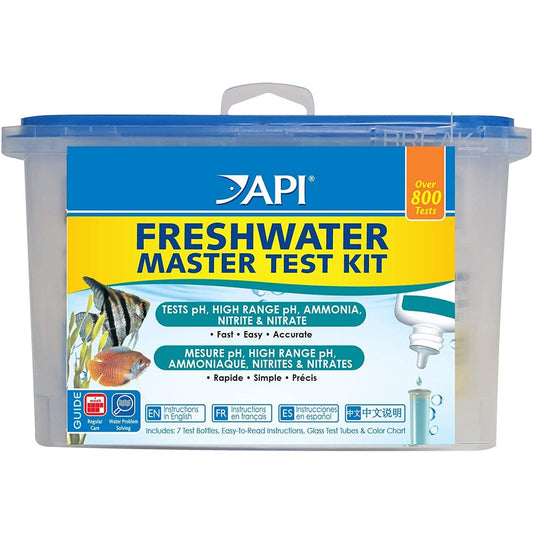
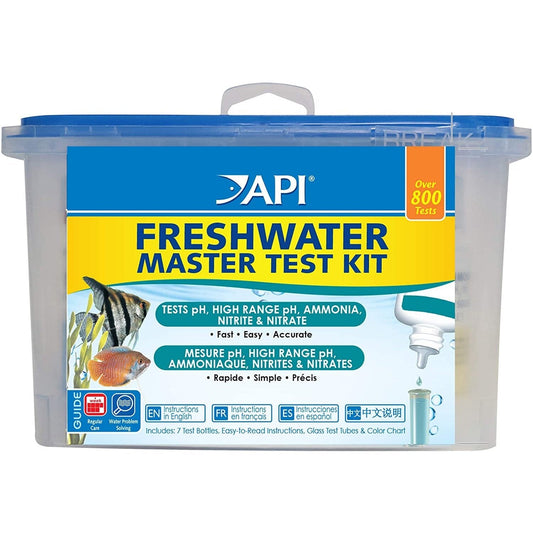
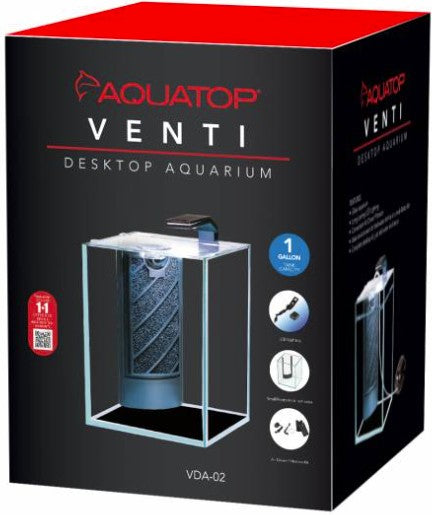
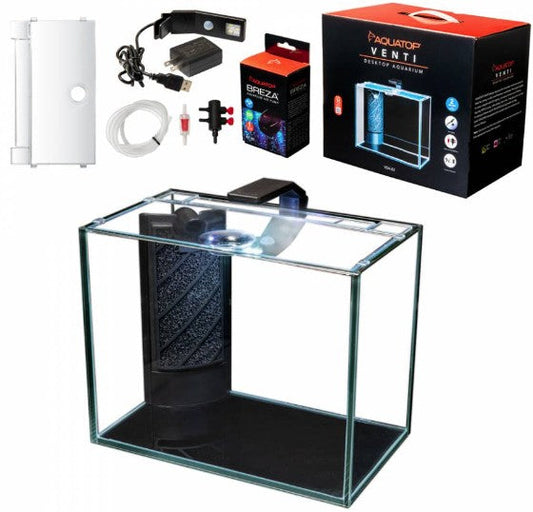
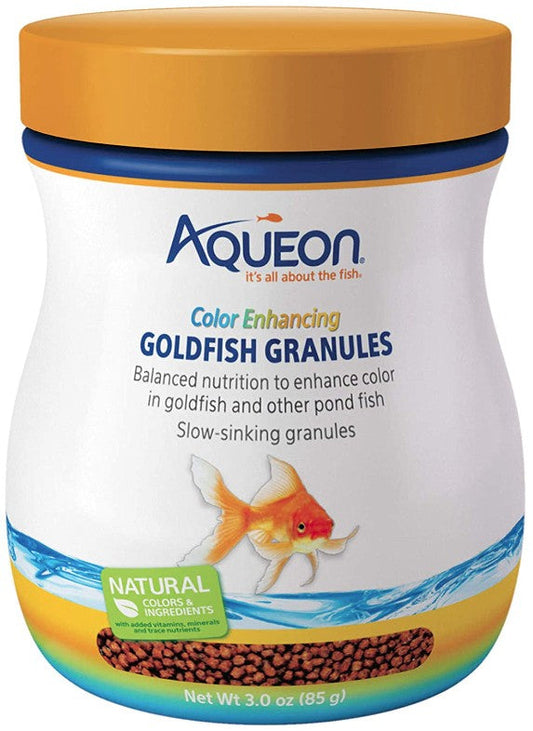
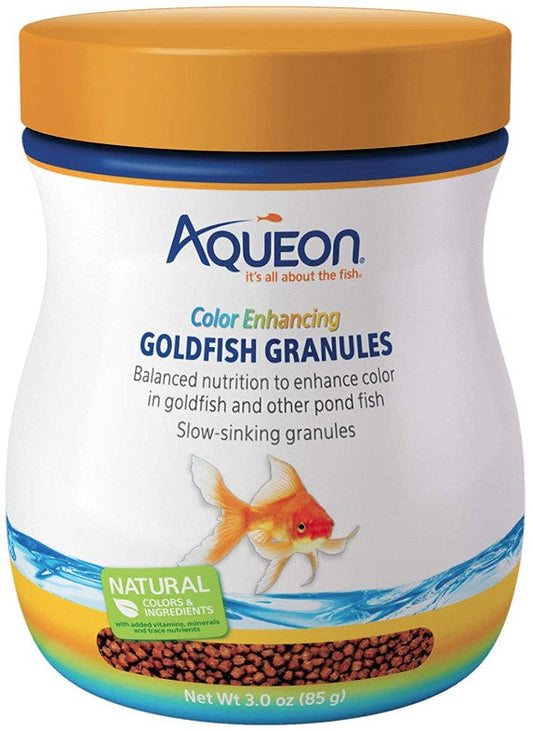


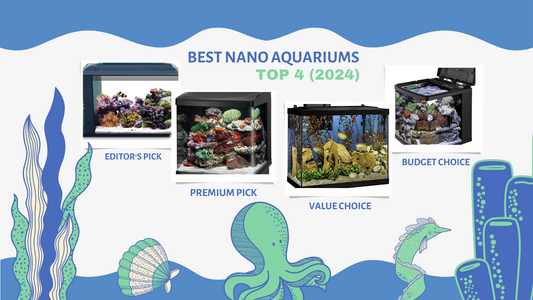
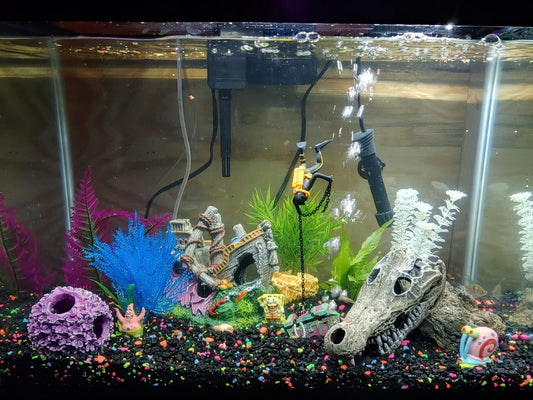



comments